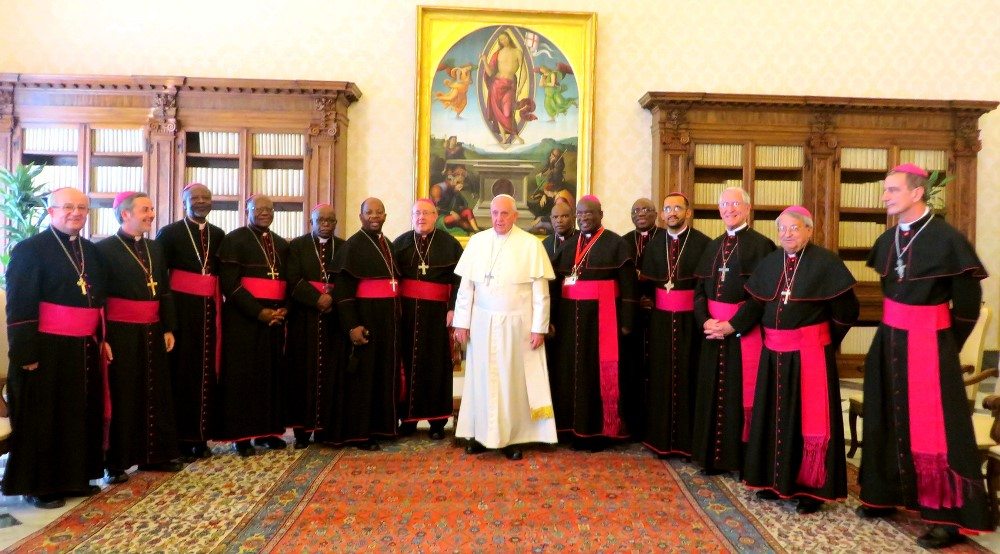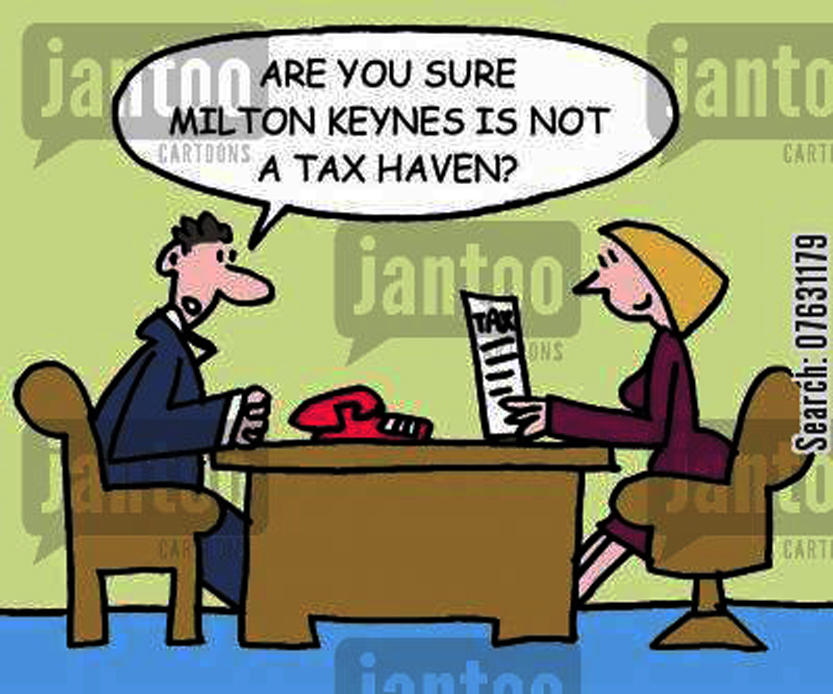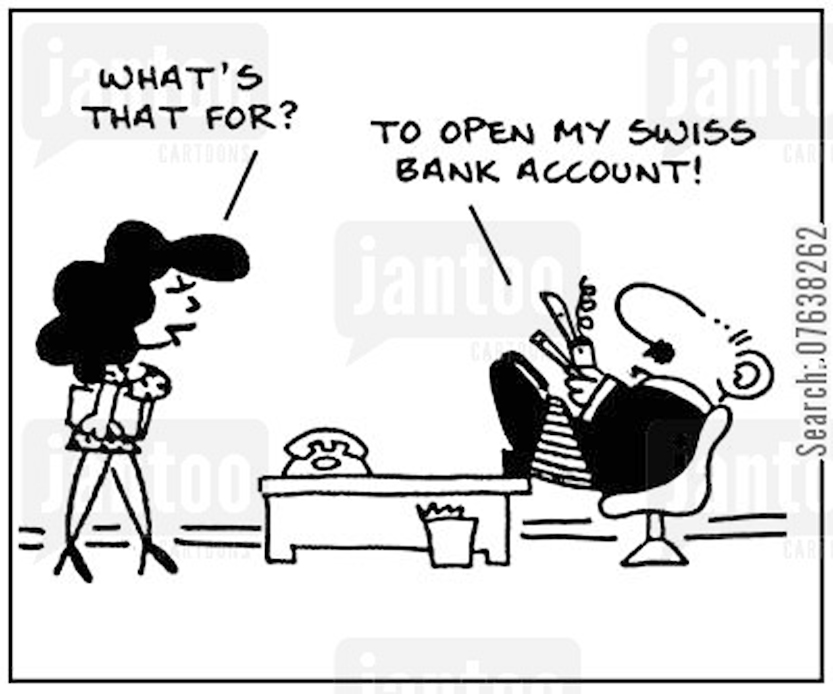EU omits The Netherlands, Luxembourg and Ireland from Tax haven blacklist.

The Southern African Catholic Bishops’ Conference and the Justice and Peace Commission (Photo Credit: buzzsouthafrica.com)
By Jaston Binala.
The Justice and Peace Commission for Southern African Catholics Bishops Conference (SACBC) has written an open letter to 21 mining companies operating in South Africa asking each of them to explain why they use tax havens. Some of the companies run operations in Tanzania.
Research conducted for the SACBC shows that the 21 companies–which include Anglo American, AngloGold Ashanti, Impala Platinum, LonMin and Petra Diamonds–all have subsidiaries in tax havens also called secrecy jurisdictions.
The bishops identify tax haven jurisdictions with these companies’ subsidiaries as British Virgin Islands, Cayman Islands, Mauritius, Jersey, the Netherlands and Bermuda. The 21 companies collectively have 117 subsidiaries in these secrecy jurisdictions.
A tax haven (also known as a tax shelter or secrecy jurisdiction) provides facilities that enable people or entities escape and frequently undermine the laws, rules and regulations of other countries—often using secrecy as a prime tool.
Tax havens are countries or jurisdictions offering certain tax benefits such as lower tax rates, credit mechanisms or deductions resulting in limited or no tax being levied on certain profits. The British Virgin Islands, for example, specialises in incorporating offshore companies. Switzerland and Luxembourg offer secret banking, corporate tax avoidance and a wide range of other offshore services.
The Tax Justice Network’s Financial Secrecy Index has ranked the most serious country cases; the UK, Cayman Islands, Jersey, Switzerland, British Virgin Islands, United States, Hong Kong, Luxembourg and Switzerland are among the worst. Mauritius is another low-tax, secrecy jurisdiction often favored by companies operating in Africa with Bermuda as the other favorite.
Tax avoidance and tax havens present major problems to governments seeking to maximize resources available for public spending, the bishops argue in their “Open Letter to Multinational Mining Companies in South Africa urging greater transparency in their use of tax havens.”
Globally, tax avoidance by multinational companies amounts to hundreds of billions of dollars; one recent estimate is $500 billion. In addition, vast amounts of wealth are held in tax havens: Research for the Tax Justice Network estimates that the figure may be a staggering $24-36 trillion. Another estimate, using a different methodology, estimated the figure to be 8 per cent of global wealth, or $7.6 trillion.
Gabriel Zucman, an academic at the London School of Economics in the UK, estimated in 2014 that rich Africans were holding a massive $500 billion offshore (i.e, in tax havens) – which amounts to 30% of all Africa’s financial wealth. The fact that this wealth is untaxed means that African elites have stolen around
$15 billion from their own countries, according to Zucman’s conservative estimate.
The European Union (EU) has in the meantime blacklisted 17 countries as tax havens and placed 47 countries on a so-called “grey-list”; But the world-wide Tax Justice Network has raised an alarm the EU has exempted some ‘well-connected’ culprits from the list. They have instead picked “ their least favourite countries to name and shame”, TJN has said in a statement.
The 17 countries on the European so called blacklist are American Samoa, Bahrain, Barbados, Grenada, Guam, South Korea, Macau, the Marshall Islands, Mongolia, Namibia, Palau, Panama, St Lucia, Samoa, Trinidad & Tobago, Tunisia and the UAE. The gray list includes Switzerland, Morocco, Turkey, Qatar, Thailand and Hong Kong.
Luxembourg, The Netherlands, and Ireland which fit tax haven criteria do not appear on the black list. Research published by the Tax Justice Network on the EU list found that 41 countries should be on the blacklist according to the EU’s own criteria. That research can be found here: http://datafortaxjustice.net/paradiselost/
“It is completely pointless to have a blacklist with no sanctions. Tax avoiders and the countries that sponsor them will all be letting out a sigh of relief today,” said Alex Cobham of the Tax Justice Network.
“As long as the [EU] Council cannot agree on common sanctions against listed tax havens, the blacklist will be toothless,” said MEP Sven Giegold, a Green party spokesman on financial and economic policy, Financial Times of London has reported.
To stay off the list, countries must have fair tax rules, which the EU defines as not offering preferential measures or arrangements that enable companies to move profits to avoid levies. They must also meet transparency standards and implement anti-profit-shifting measures set by the OECD.
Eight Caribbean countries that suffered extensive hurricane damage this year [2017] — Antigua and Barbuda, Anguilla, the Bahamas, the British Virgin Islands, Dominica, St Kitts and Nevis, Turks and Caicos and the US Virgin Islands — have been given extra time to respond to the EU’s request and do not appear on any list.
EU members were not screened but Oxfam said that if the criteria were applied to publicly available information the list should feature 35 countries including EU members Ireland, Luxembourg, the Netherlands and Malta.
International authorities have previously published similar blacklists, but most have lacked credibility. The OECD’s tax haven list published in June 2016 contained only one country — Trinidad & Tobago.
The Tax Justice Network has expressed its deep frustration at the lack of effective action being taken by the EU following the publication of its so-called tax haven blacklist. Commenting on the publication of the list, Alex Cobham, chief executive of the Tax Justice Network said:
“The EU has today missed a great opportunity to tackle the real issues lying behind the large-scale tax avoidance and tax evasion that is bleeding EU countries dry.
“Rather than have a list of tax havens based on an objective set of criteria, as originally envisaged, the list appears to be a political fix with EU members picking their least favourite countries to name and shame. The result of the flawed blacklisting process is a politically led list, that includes only the economically weak and politically unconnected.
“While EU members like the Netherlands, Ireland and Luxembourg are the greatest procurers of global profit shifting but are excluded; and while the UK has sought to frustrate the blacklisting of its Crown Dependencies and Overseas Territories at every turn, the list is hard to take seriously.
“The public has had enough of governments saying they will do better. Real action is needed. It is completely pointless to have a blacklist with no sanctions. Tax avoiders, and the countries that sponsor them will all be letting out a sigh of relief today.
“The Tax Justice Network today reiterates our call for a global convention on tax and transparency, to create a level playing field that treats all jurisdictions fairly – and provides the basis for meaningful sanctions to end tax haven behavior once and for all.”





